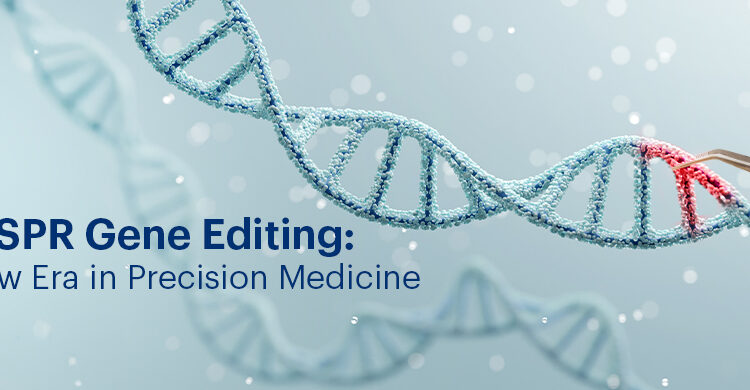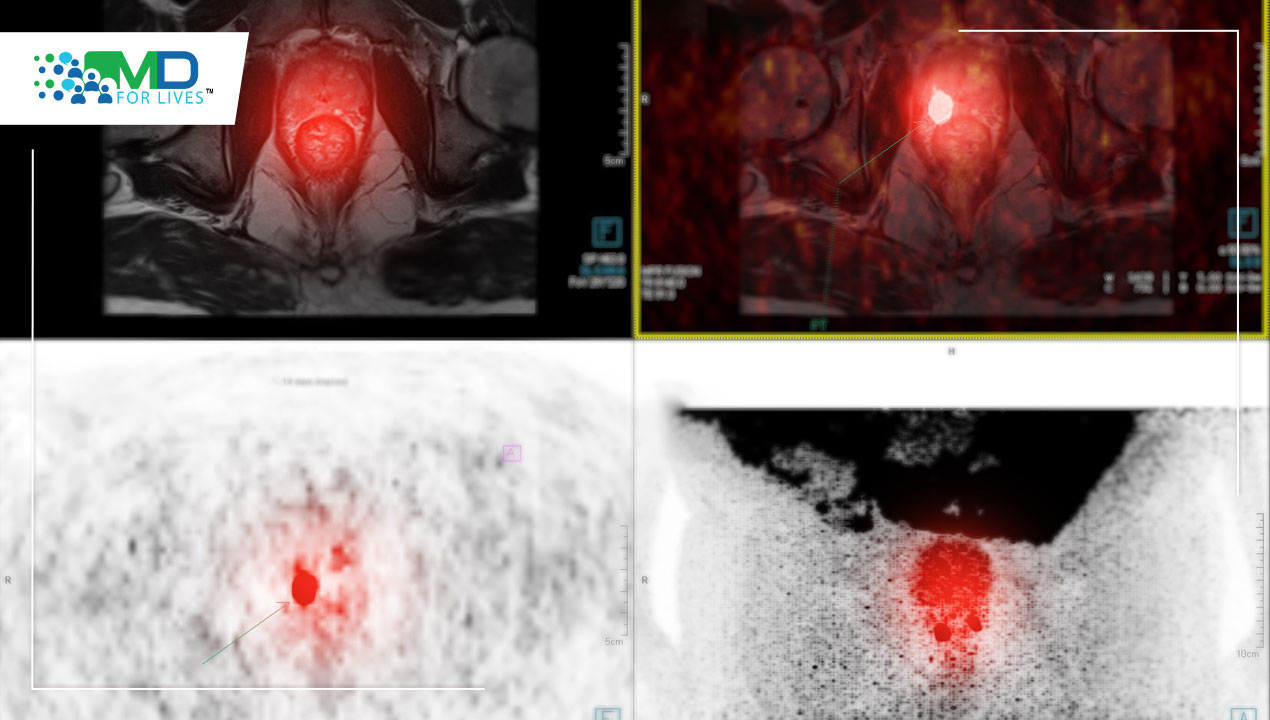On June 16, 2021, the FDA approved a new targeted drug for advanced systemic mastocytosis, a group of rare conditions that involve infiltration of organs by mast cells.1,2 The drug, a kinase inhibitor called avapritinib, is marketed by Blueprint Medicines Corporation as Ayvakit.3
Mast cells and systemic mastocytosis
Mast cells are immune cells that reside in tissues throughout the body. They play important roles in allergic reactions, inflammatory responses, and the body’s defense against parasites. Mast cells activate in response to IgE-mediated interaction with antigens, including allergens and infectious agents. Upon activation, the mast cells quickly degranulate (release stored histamine and other inflammatory mediators), leading to an allergic or inflammatory response or potentially anaphylaxis.2,5,6
About 95% of systemic mastocytosis cases are caused by mutations in the KIT gene, leading to excessive mast cell production. These are typically somatic mutations arising in adulthood, though a small minority of patients have a hereditary KIT mutation.2,4
Systemic mastocytosis includes four subtypes: mast cell leukemia, aggressive systemic mastocytosis, systemic mastocytosis with an associated hematologic neoplasm, and indolent mastocytosis. The former three conditions are considered advanced systemic mastocytosis.1

Systemic mastocytosis symptoms
Some systemic mastocytosis symptoms result from the inflammatory activity of mast cells in organs and can include itching, hives, anaphylactoid reactions, and gastrointestinal symptoms. Depending on the patient, triggers like certain foods, insect bites, physical activity, or emotional stress can set off an attack.2,7
Mast cells can crowd out other cells in the bone marrow, resulting in anemia and bleeding disorders. More severe forms can cause organ damage or organ failure, and enlarged liver, spleen, or lymph nodes can occur.2,7
Other treatments for systemic mastocytosis
Existing treatment depends on the subtype. Some symptoms can be treated with antihistamines, H1 and H2 receptor antagonists, leukotriene antagonists, or mast cell stabilizers. Epinephrine is used to treat severe allergic reactions, and corticosteroids are used to reduce the effects of mast cells. Patients may also be advised to avoid known triggers.2,7
For the more severe forms, chemotherapy or stem cell transplant may be used.7
In 2017, the FDA approved midostaurin, marketed as Rydapt, for the treatment of advanced systemic mastocytosis in adults. This targeted therapy is a tyrosine kinase inhibitor that showed benefits in a clinical trial with advanced systemic mastocytosis patients.7
Avapritinib in systemic mastocytosis
Avapritinib is an orally dosed kinase inhibitor that targets the KIT kinase responsible for most cases of systemic mastocytosis.4 The drug was previously approved for gastrointestinal stromal tumors (GIST).
Avapritinib’s recent FDA approval was based on positive Phase 1 (EXPLORER) and Phase 2 (PATHFINDER) clinical trial data that together showed an overall response rate of 57% and a complete remission rate of 28% with the drug.1,3
Sixty-two adults took part in the Phase 2 study. The most common diagnosis among participants was systemic mastocytosis with an associated hematologic neoplasm.4 All patients took oral doses of 200 mg avapritinib daily; the trial did not include a control group.
Fifty-three patients from the two trials had evaluable data and were included in the analysis. Considering both trials together, patients with advanced systemic mastocytosis achieved an overall response rate of 57% while taking 200 mg of oral avapritinib daily. There was a 2.1-month median time to response after treatment started, and a 38.3-month median duration of response.1,4

Adverse events and cautions
Many patients in the Phase 2 study required dose modifications after experiencing adverse events. Cognitive effects, thrombocytopenia, and intracranial hemorrhage are important adverse events that have occurred with avapritinib.8 Other adverse reactions seen in more than 20% of patients in the clinical trials included diarrhea, nausea, fatigue, anemia, and edema.3,4
The FDA does not recommend the drug for patients whose platelet counts are below 50 x 109/L,3 and platelet count should be monitored during treatment.8 Avapritnib should not be used during pregnancy, and both men and women should use effective contraception during treatment. Breastfeeding is not advised during treatment with avapritnib.8

- https://www.cancernetwork.com/view/avapritinib-earns-fda-approval-advanced-systemic-mastocytosis-including-mast-cell-leukemia
- https://rarediseases.info.nih.gov/diseases/8616/systemic-mastocytosis
- https://www.fda.gov/drugs/drug-approvals-and-databases/fda-approves-avapritinib-advanced-systemic-mastocytosis
- https://www.ashclinicalnews.org/on-location/other-meetings/pathfinder-avapritinib-induces-rapid-responses-advanced-systemic-mastocytosis/
- https://www.frontiersin.org/articles/10.3389/fimmu.2015.00620/full
- https://www.immunology.org/public-information/bitesized-immunology/cells/mast-cells
- https://emedicine.medscape.com/article/203948-overview
- AYVAKIT Prescribing Information, 6/2021.






